.avif)
Built on primary data from your full supply chain, Circularise’s DPPs help you win customer trust, prove product sustainability, and access new markets, while staying ready for EU regulations
Get audit ready for ISCC EU, ISCC PLUS and REDcert-EU certifications, meet the requirements of the Renewable Energy Directive (RED II), and stay ahead of the upcoming ESPR with digital product passports, all while maintaining full traceability and data integrity across your supply chain
Trace and track the history, location, composition, or application of a product throughout the entire supply chain all the way to the source of origin
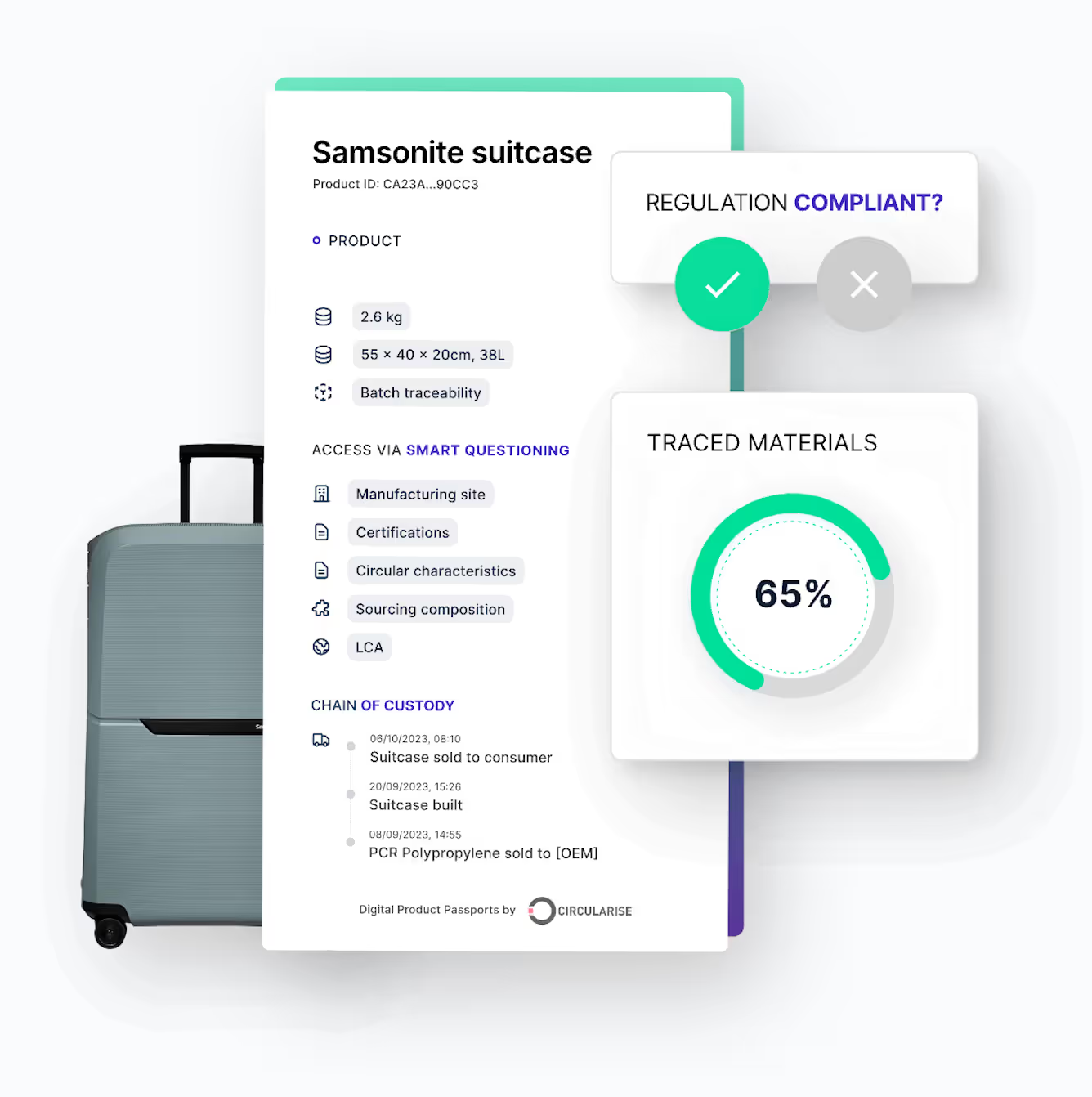

"We chose Circularise because of their expertise and innovative platform, which is empowering us and our customers to achieve quick successes, meet regulatory demands, and maintain control of our data."

"Once we selected the traceability software, we really valued the collaborative teamwork with Circularise and the prompt support they provided whenever we had specific requests."

"This innovative partnership elevates supply chain transparency to the next level, providing consumers with a deeper understanding of the origins and impact of our products."
Collecting accurate, verifiable data from complex supply chains - especially tier-2 and tier-3 suppliers—is a growing challenge. Circularise provides the tools to gather scalable, product-specific data, helping you meet stricter regulatory demands and enhance supply chain transparency with ease
.avif)
Circularise transforms complex audits and compliance into seamless operations by automatically managing mass balancing, segregation, and credit tracking across your supply chain. The platform dynamically adapts to new rules in the frameworks, mitigating risks of non-compliance
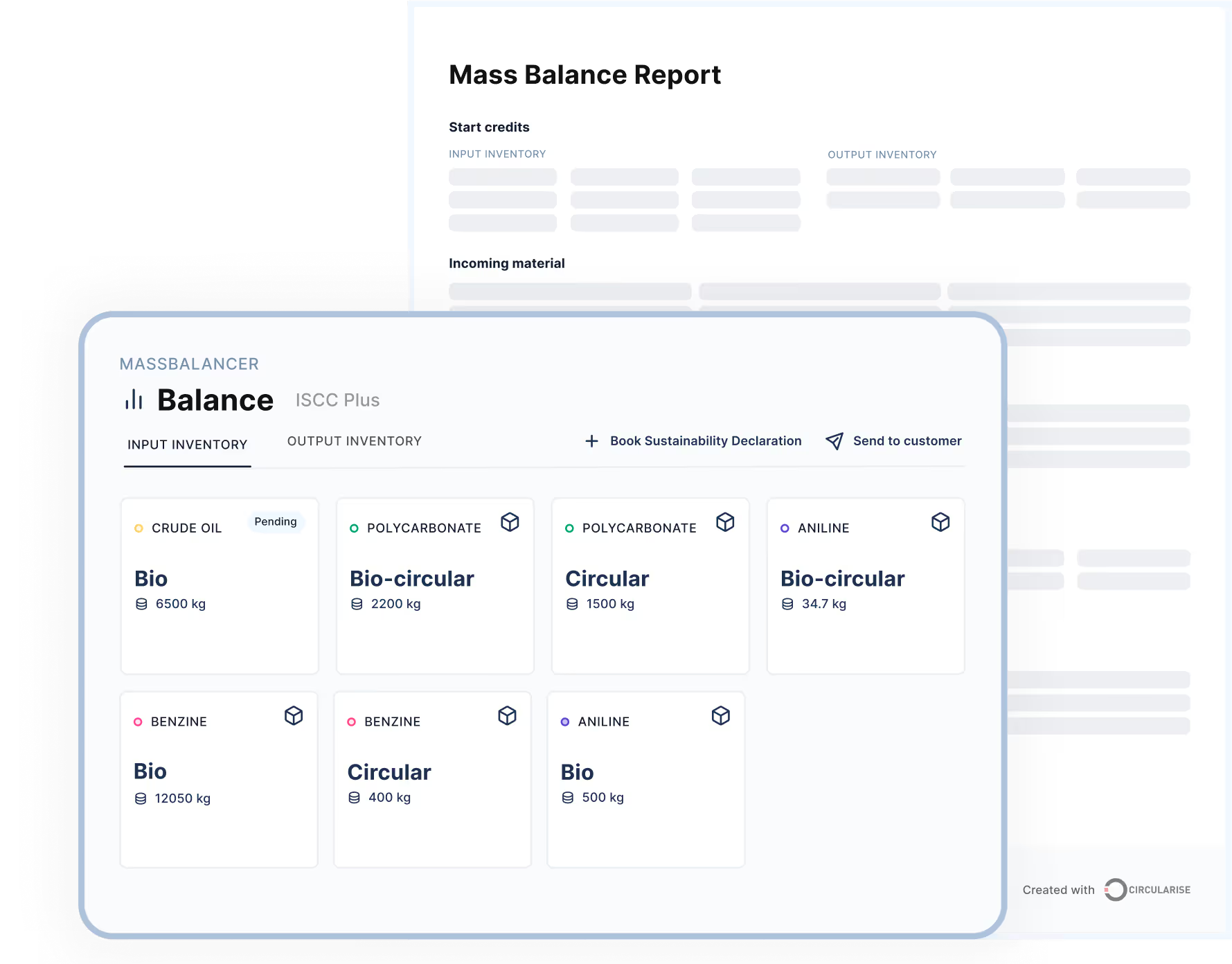
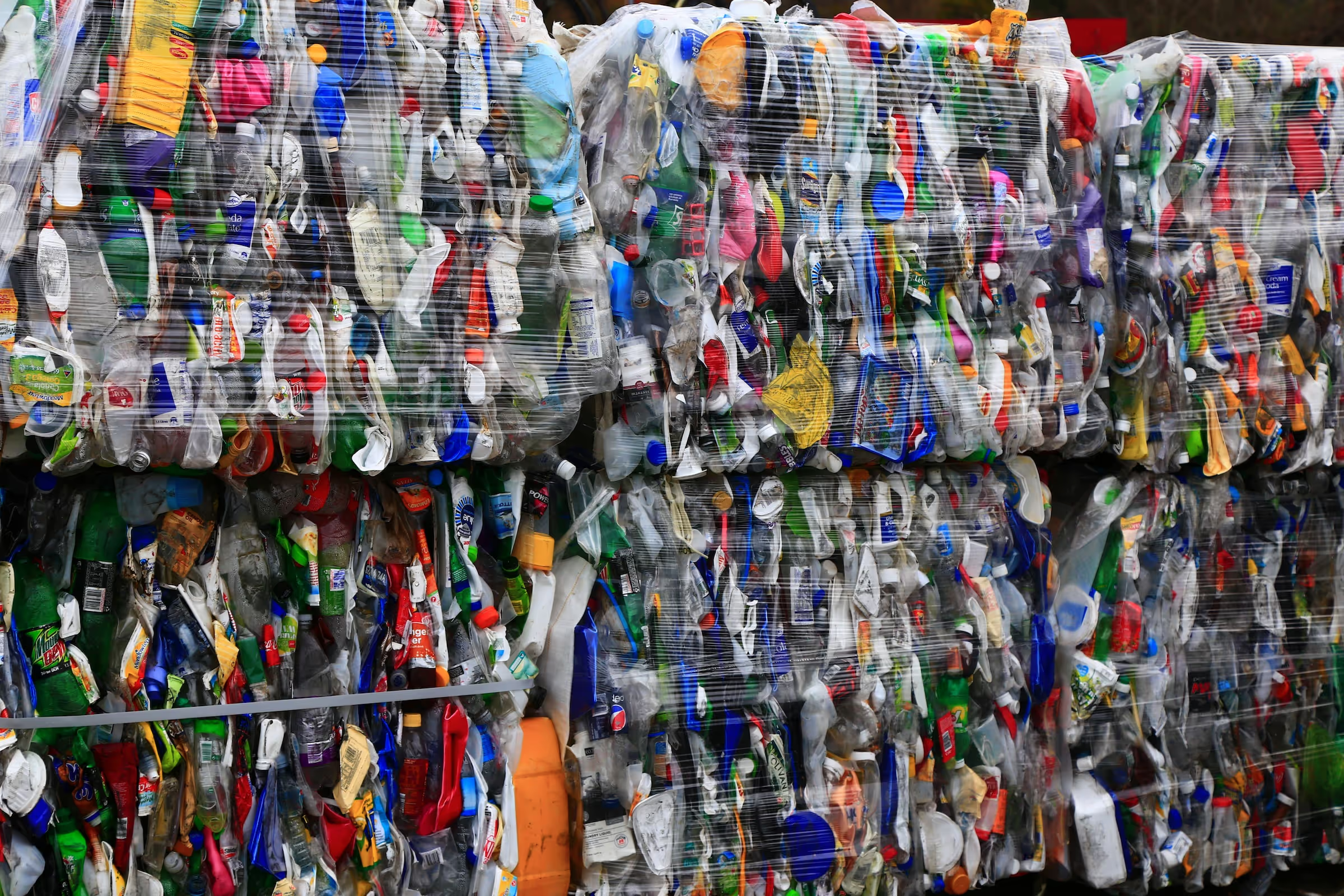
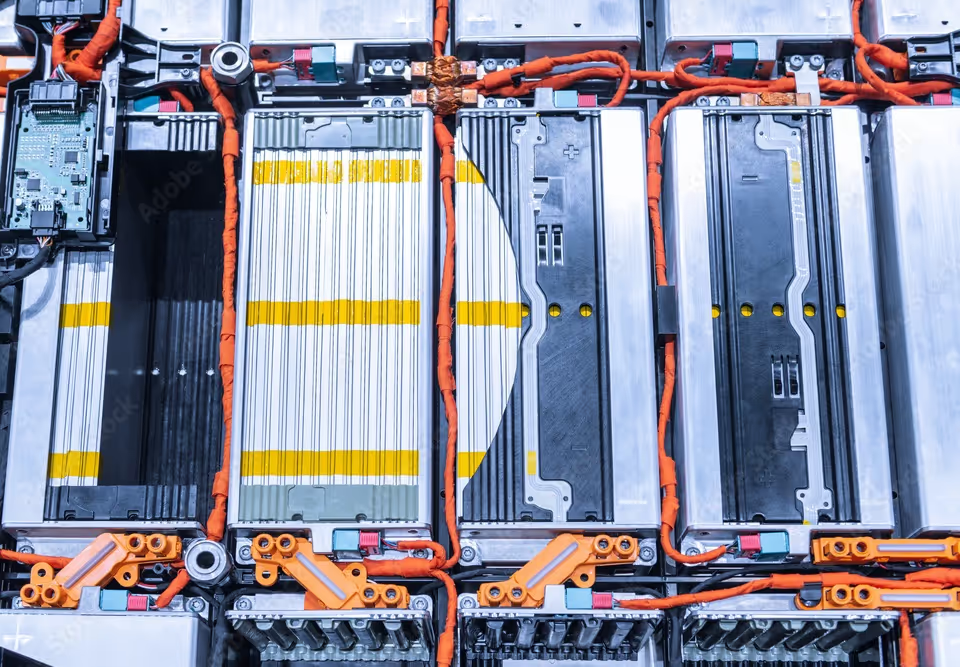


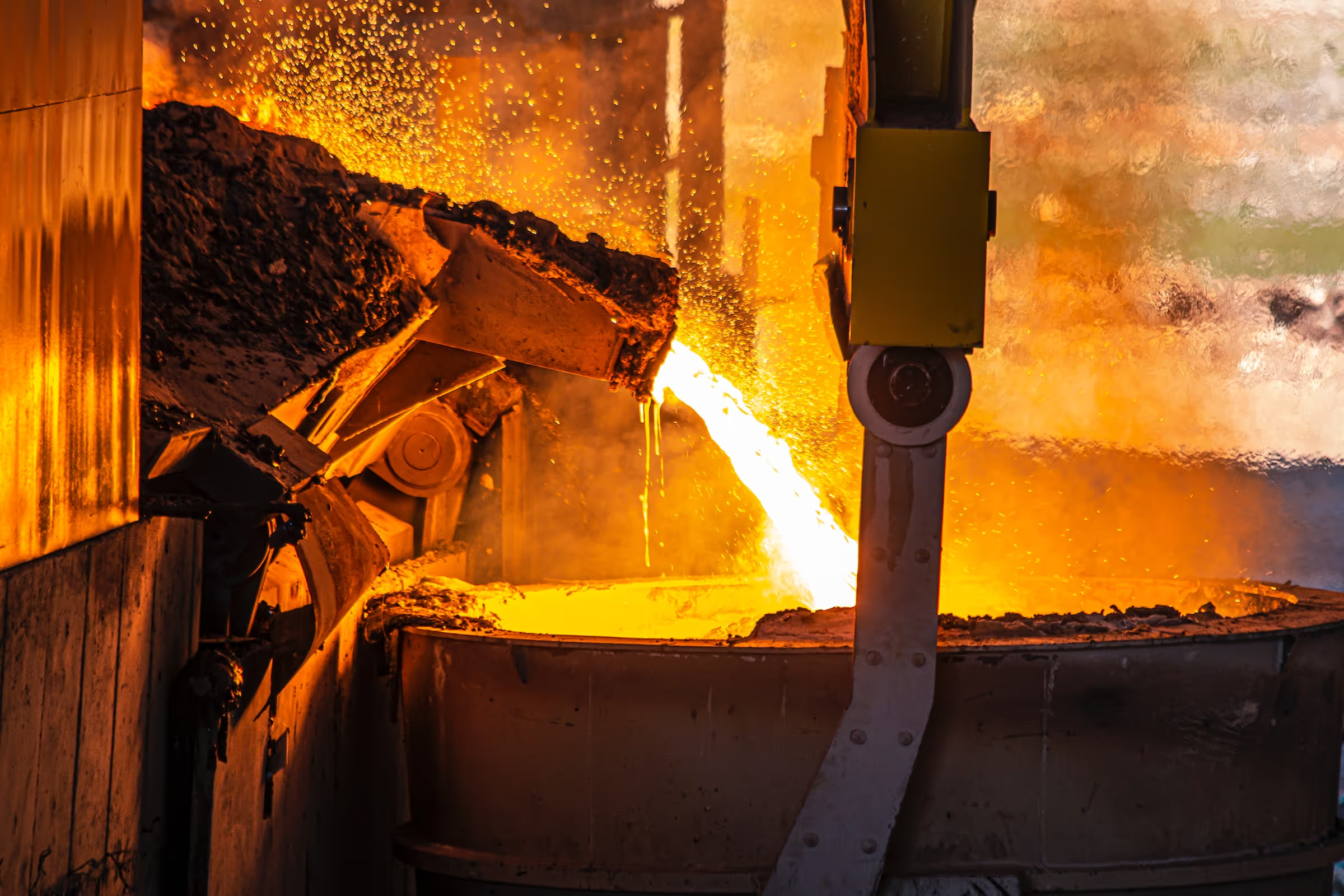
.avif)
Reinforcing our dedication to information security
We help you build resilient and low-emission supply chains. With trustworthy data and full supply chain visibility, Circularise lets you manage risk, cut GHG emissions, and uncover new revenue opportunities, all while staying compliant and protecting data privacy at every tier.
Don’t let tech adoption slow you down. Circularise’s AI captures data directly from documents sent by email, making it easy for suppliers to respond - no portals, no training, just faster collaboration and better data
Trigger upstream data collection with one click. Our cascading request mechanism empowers every tier—OEMs, suppliers, sub-suppliers—to contribute data securely, dramatically reducing communication overhead and enabling full supply chain mapping
Enable collaboration without compromising confidentiality. Set each data request to public, private, or credential-gated access ensuring sensitive details are anonymised and shared only with authorised recipients. Middle parties stay protected while trust and traceability are maintained

The immense scale and complexity of automotive supply chains present a significant challenge for transparency, and collecting data becomes a sensitive issue due to data privacy concerns. To address that Porsche partnered with Circularise to gather more information directly from the suppliers about the parts and materials they use in cars
Porsche was able to gather more information directly from their suppliers for a variety of different parts while alleviating privacy concerns using our selective data sharing technology. This allowed Porsche to better understand where parts come from, their environmental impact, and how to most efficiently process end-of-life vehicles
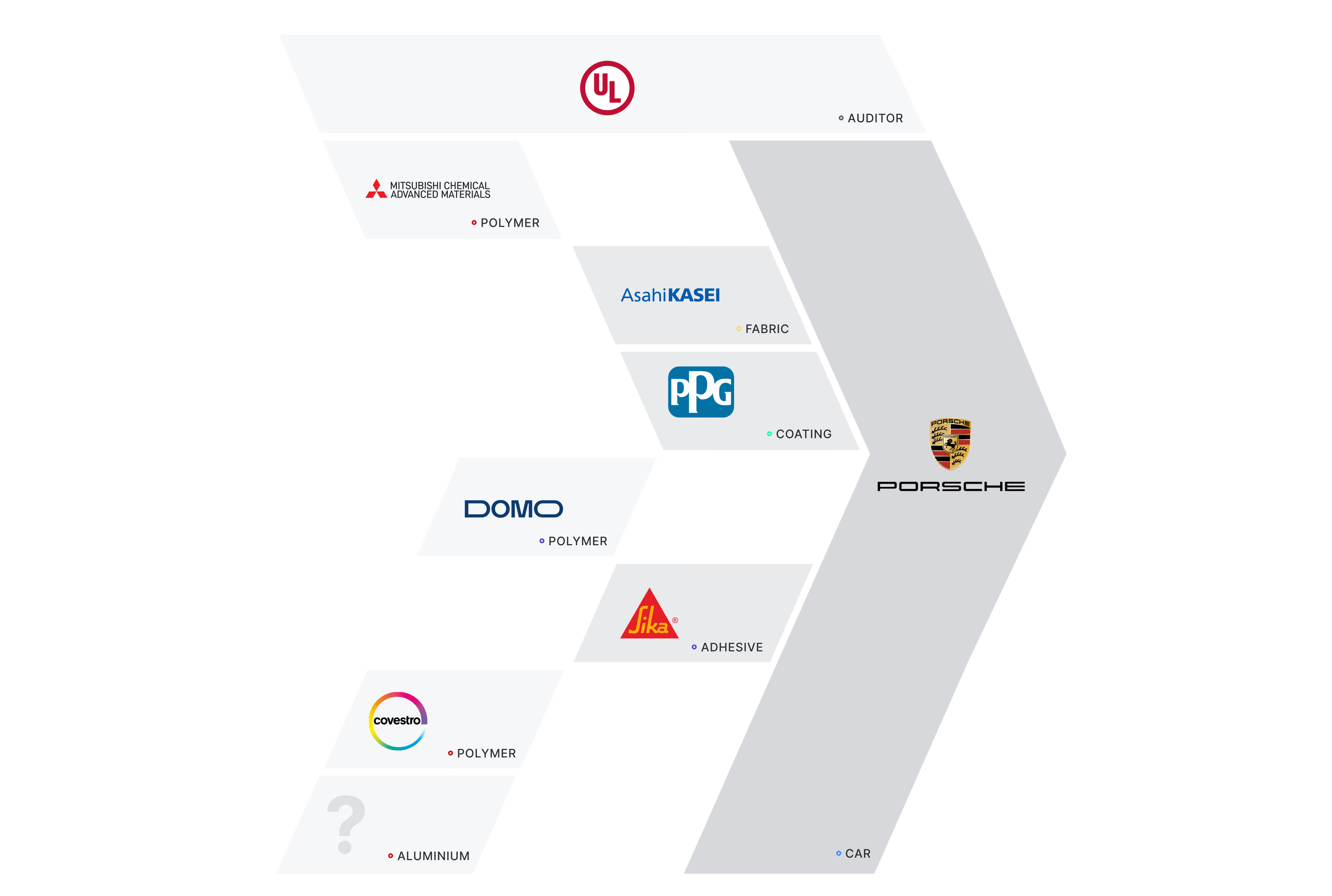
Partner with Circularise to implement your vision of sustainable, responsible and circular organisation.